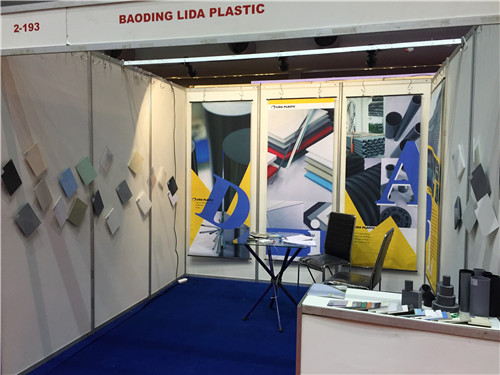Okt . 06, 2024 07:39 Back to list
hdpe board
Understanding HDPE Boards Properties, Applications, and Benefits
High-Density Polyethylene (HDPE) boards have gained prominence across various industries due to their superior properties and versatility. Known for their durability and resistance to various environmental factors, HDPE boards serve as an essential material in multiple applications ranging from construction to manufacturing. In this article, we will delve into the properties, applications, and benefits of HDPE boards.
Properties of HDPE Boards
HDPE boards are made from high-density polyethylene, a thermoplastic that is characterized by its high strength-to-density ratio. This unique composition provides several properties that make HDPE boards an optimal choice for numerous applications
1. Durability HDPE boards are remarkably resistant to impact, weather, chemicals, and UV radiation. This makes them suitable for outdoor use, where they can withstand harsh environmental conditions without degrading over time.
2. Low Maintenance Unlike wood, which requires regular sealing and painting, HDPE boards are virtually maintenance-free. They do not splinter, rot, or warp, allowing them to retain their structural integrity and aesthetic appearance over time.
3. Lightweight Despite their strength, HDPE boards are relatively lightweight compared to other materials such as metal or wood. This characteristic not only makes them easier to handle and transport but also reduces shipping costs.
4. Recyclability HDPE is an environmentally friendly material as it is 100% recyclable. Many manufacturers produce HDPE boards using recycled plastic, contributing to sustainability and reducing waste.
5. Non-Toxic HDPE is safe for various applications, including food contact, as it does not leach harmful chemicals. This property is particularly important in industries that prioritize safety and compliance with health regulations.
Applications of HDPE Boards
The versatility of HDPE boards allows them to be used in a wide range of applications
1. Construction and Building HDPE boards are commonly used in construction projects for cladding, roofing, and as formwork. Their resistance to moisture and pests makes them a popular choice for outdoor structures.
hdpe board

2. Manufacturing Various industries, including automotive and packaging, utilize HDPE boards in production processes. The material can be easily cut, shaped, and welded, allowing for the creation of custom products.
3. Furniture The furniture industry has embraced HDPE boards for making tables, benches, and outdoor furniture. The material's durability and low maintenance requirements are significant advantages for outdoor furniture that is exposed to the elements.
4. Signage HDPE boards are increasingly used for making signs and displays due to their printability and weather resistance. They can be easily customized with colors and graphics, making them ideal for promotional materials.
5. Agriculture In agriculture, HDPE boards are utilized for constructing storage bins, livestock equipment, and other farm structures. Their chemical resistance is particularly beneficial in environments where fertilizers and pesticides are used.
Benefits of Using HDPE Boards
The numerous benefits of HDPE boards make them an excellent choice for various projects. Some of the key advantages include
1. Cost-Effectiveness Although the initial investment in HDPE boards may be higher than wood or other materials, their longevity and low maintenance costs lead to significant savings over time.
2. Aesthetic Appeal HDPE boards are available in a wide range of colors and finishes, allowing for creative designs that can enhance the appearance of any project.
3. Safety The non-toxic nature of HDPE boards and their slip-resistant surface make them a safe choice for applications in public spaces, playgrounds, and other areas where safety is a concern.
4. Environmentally Responsible Choosing HDPE boards, especially those made from recycled materials, contributes to reducing plastic waste and promotes sustainable practices.
In conclusion, HDPE boards offer a unique combination of durability, versatility, and environmental friendliness, making them an ideal choice across various industries. Whether you are involved in construction, manufacturing, or designing outdoor furniture, the benefits of HDPE boards can significantly enhance the quality and longevity of your projects. Investing in these innovative materials is not just a practical decision; it's a step towards a more sustainable future.
-
PVC Pipe to Drip Irrigation Kits Durable & Cost-Effective Solutions
NewsMay.17,2025
-
5 Inch PVC Pipe - Durable & Lightweight for Irrigation Systems
NewsMay.16,2025
-
HDPE Water Supply Pipes Durable & Corrosion-Resistant Solutions
NewsMay.16,2025
-
4 Inch PVC Irrigation Pipe Durable & Corrosion-Resistant Multiple Sizes
NewsMay.15,2025
-
Triangle PP Welding Rods - High-Strength PVC, PE & Plastic Solutions
NewsMay.15,2025
-
Premium PVC & HDPE Plastic Sheets 4x8 Durable & Lightweight
NewsMay.14,2025

